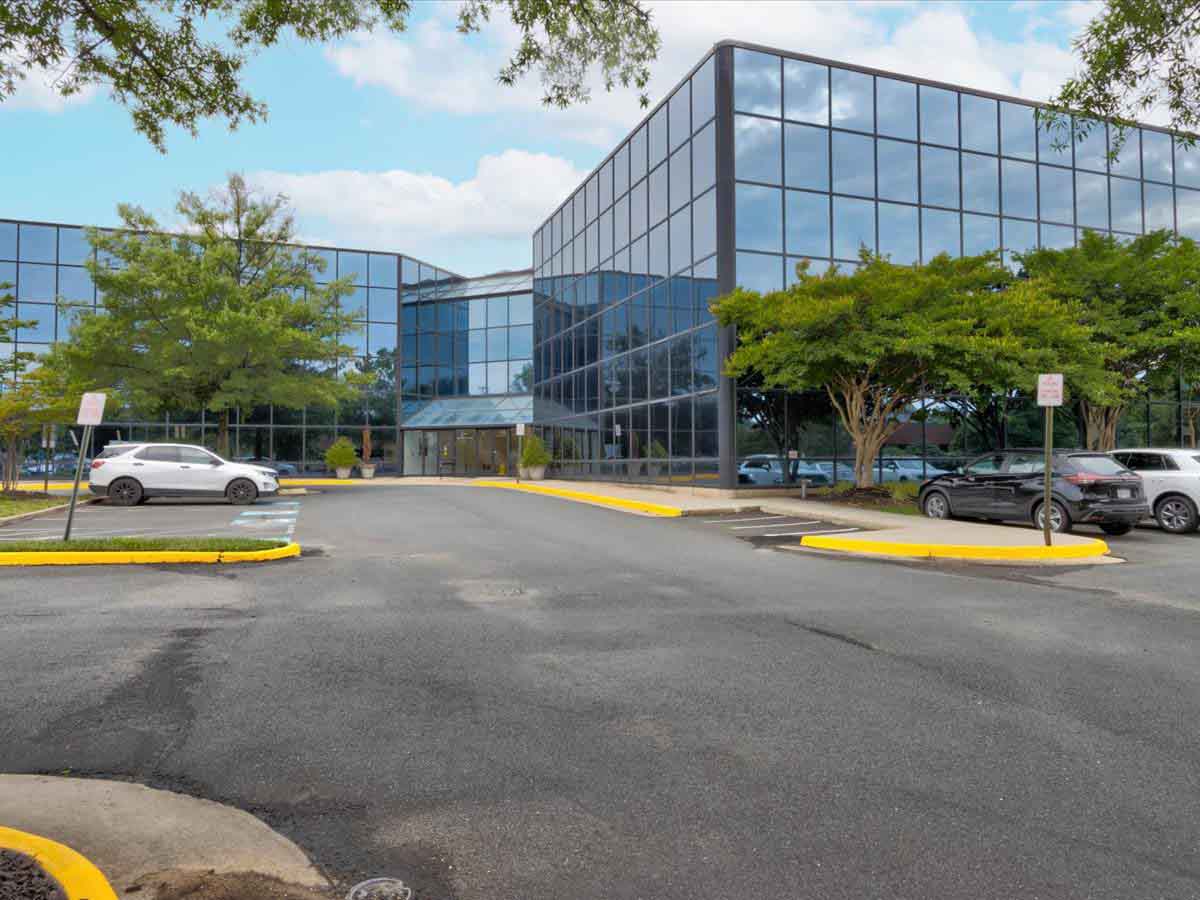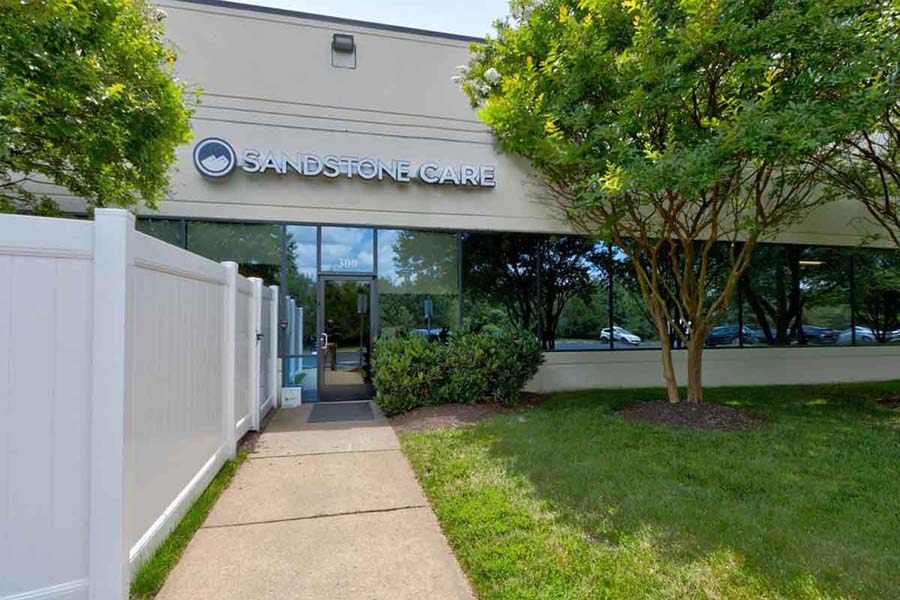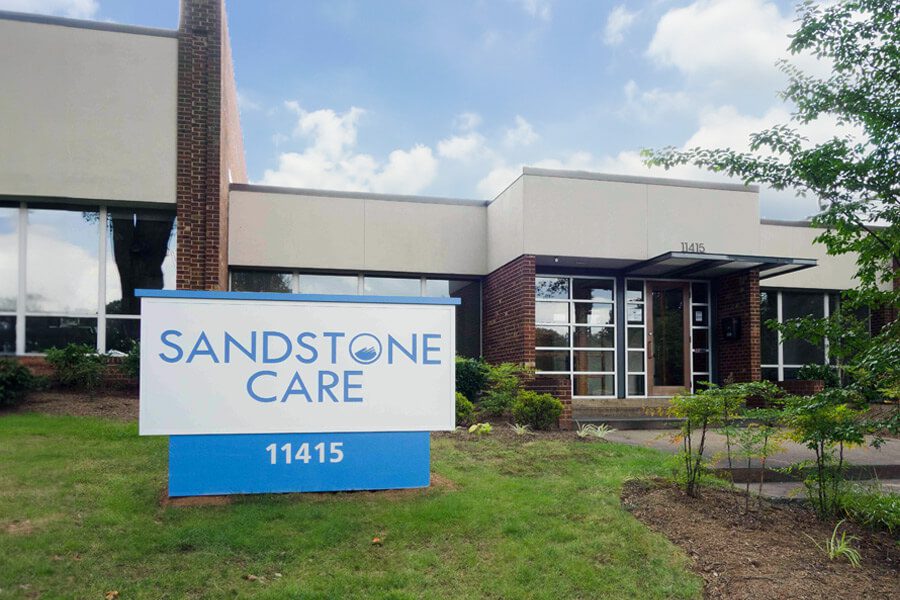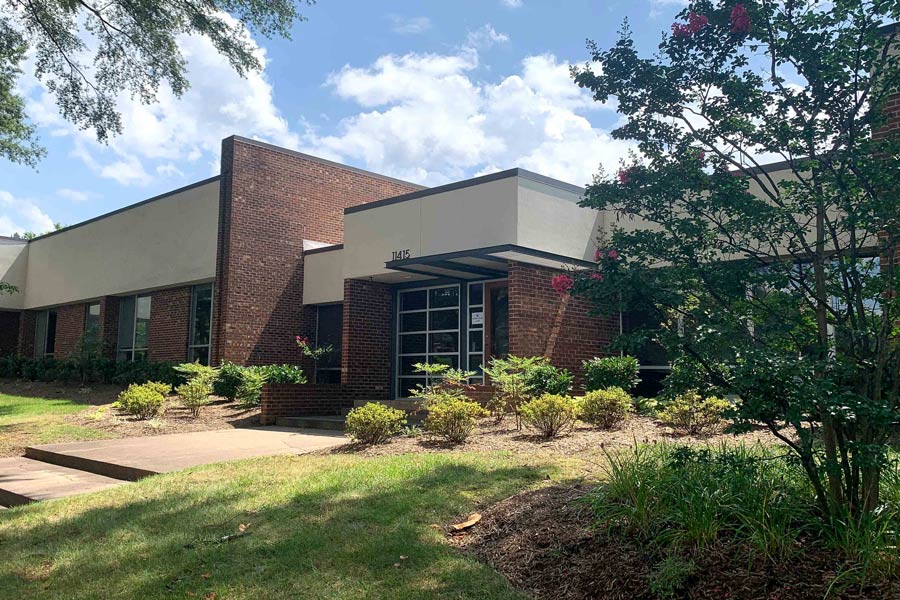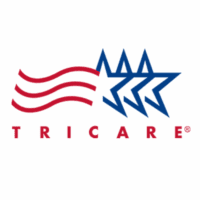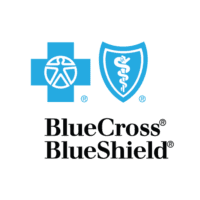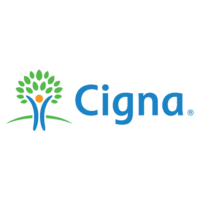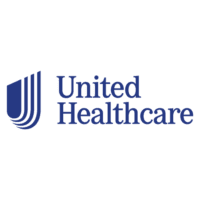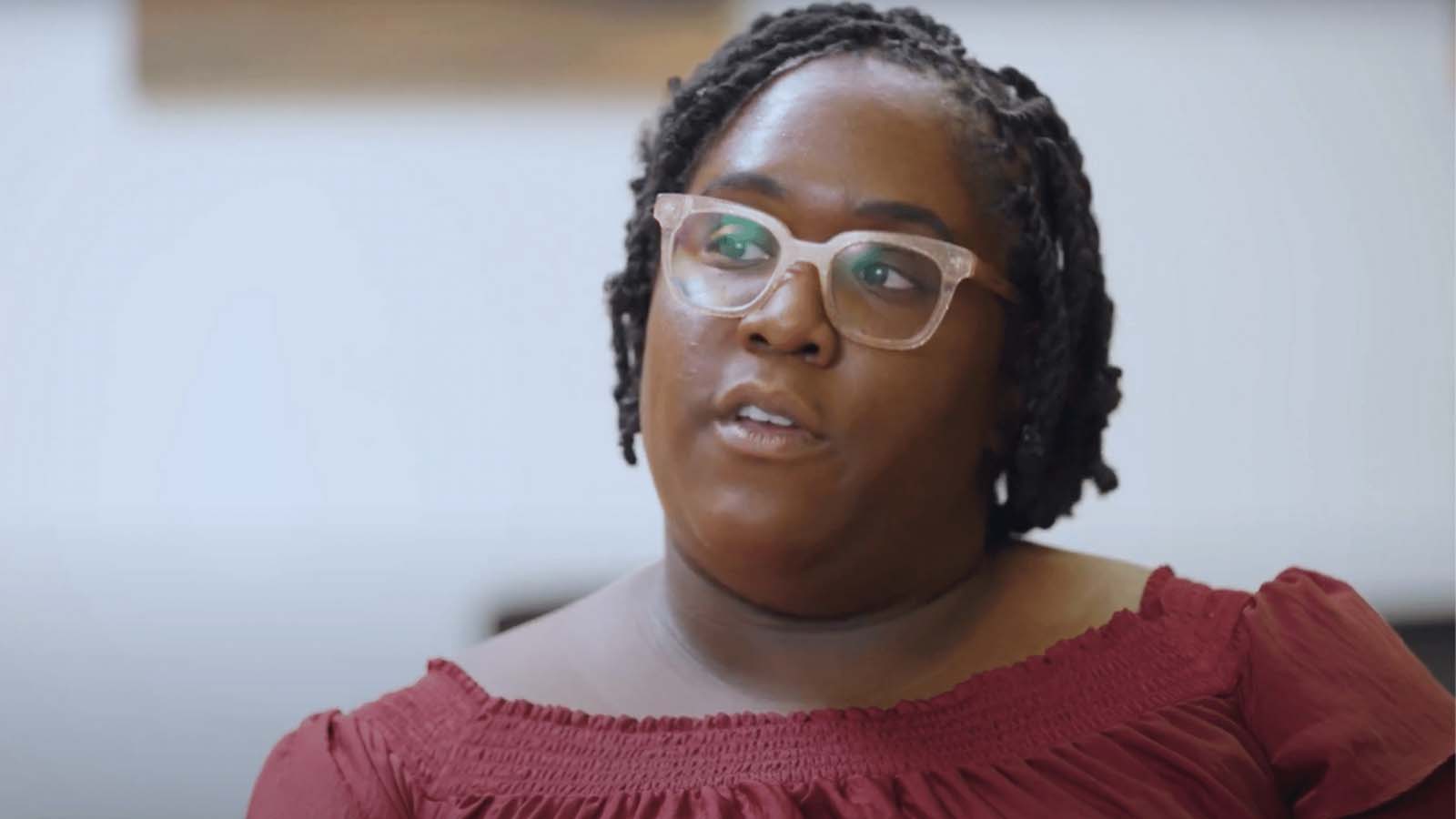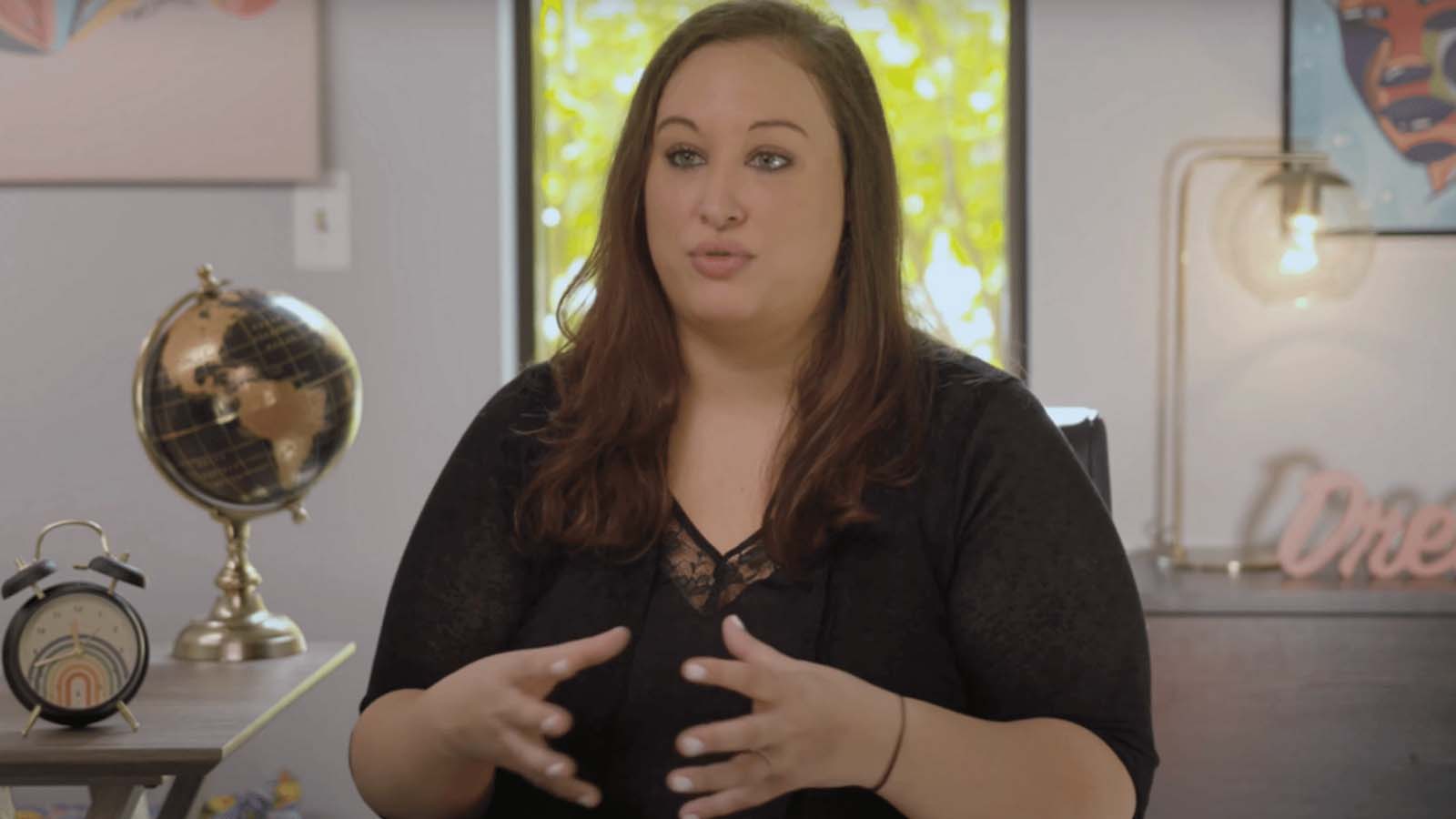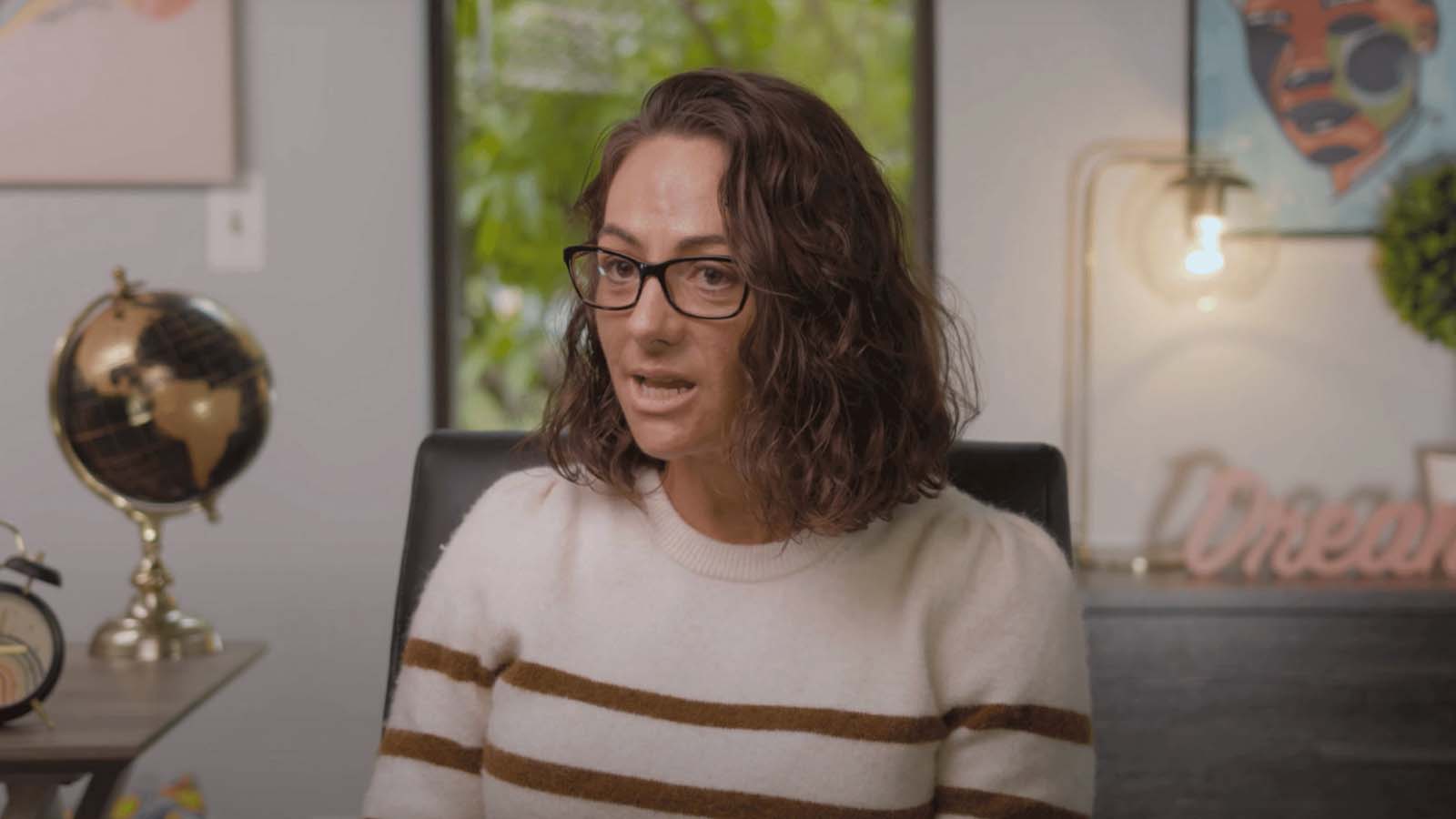Virginia’s Opioid Crisis
Alexandria has one the country’s oldest farmer’s market, dating back to the country’s first President, George Washington. He would bring his produce from his farm in Mt. Vernon. Another fun fact about the city, is that it has the first established library by John Wise. Originally called The Society for the Promotion of Useful Knowledge, the group wanted to create a space where people could read and learn about the world. Alexandria is a popular city for tourism and takes in over $800 million a year. But like many cities in Virginia, Alexandria has its own struggles with substance abuse.
Despite being one the best places to live, Alexandria, like so many other cities in the US is struggling with drug addiction and alcohol abuse. The opioid problem in Virginia became so bad that in 2016, a public health emergency was declared. Not only were people dying and overdosing on opioids, the state saw an increase in blood borne pathogen infections (Hepatitis C and HIV) due to the sharing of dirty needles. In 2018 an average of 3 Virginians died of an opioid overdose daily.
In 2013, the leading cause of unnatural death was fatal drug overdose, followed by motor vehicle accidents and gun fatalities. In Fairfax County, the death rate from heroin overdoses has doubled in the past two years, (similar to national trend) especially among young adult males.
Prescription drug and marijuana use has remained consistent among teens and young adults since 2011. On a positive note, fewer teens are smoking tobacco and drinking alcohol than at the start of the century. Virginia legislature is beginning to decriminalize marijuana and make it legal to smoke. This could pose challenges to public health officials who recognize that teen marijuana use can have an adverse effect on the growing brains of teens.




